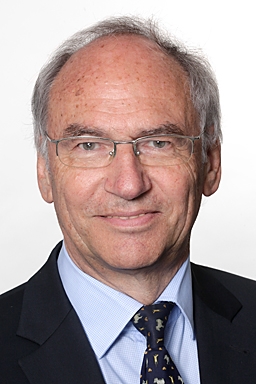The ERI Model - Stress and Health
Our research programme analyses effects of social stress on subjective and objective human health, in particular on stress-related diseases (cardiovascular diseases, affective disorders) and on aging (cognitive functioning). Social stress results from threats or damages to valued actions and goods of people caused by other people. Within this broad spectrum, we decided to concentrate on those types of social stress that result from the violation of a basic principle of effortful interpersonal exchange, the norm of social reciprocity. This violation manifests itself as an imbalance between high efforts spent and low rewards received in turn (effort-reward-imbalance). Rewards are provided in terms of money, esteem, and, in occupational contexts, of promotion prospects and job security.
Our research programme analyses adverse effects of failed social reciprocity on health and aging in paid work, in unpaid work (in particular during 'third age') and in close social relationships. Respective empirical research is based on epidemiological studies supplemented by experimental investigations.
The development of a theoretical model (the so called Effort-Reward Imbalance Model ERI) and its measurement (ERI-Questionnaire) in our group is considered a particular innovation of sociological research in medical science. Our research applies the ERI model on the following areas:
- Stress at work
- Stress in close relationships (non-reciprocal exchange)
ERI's theoretical background, psycometric properties, and sample means of the ERI scales in selected epidemiological studies can be downloaded here as pdf files:



